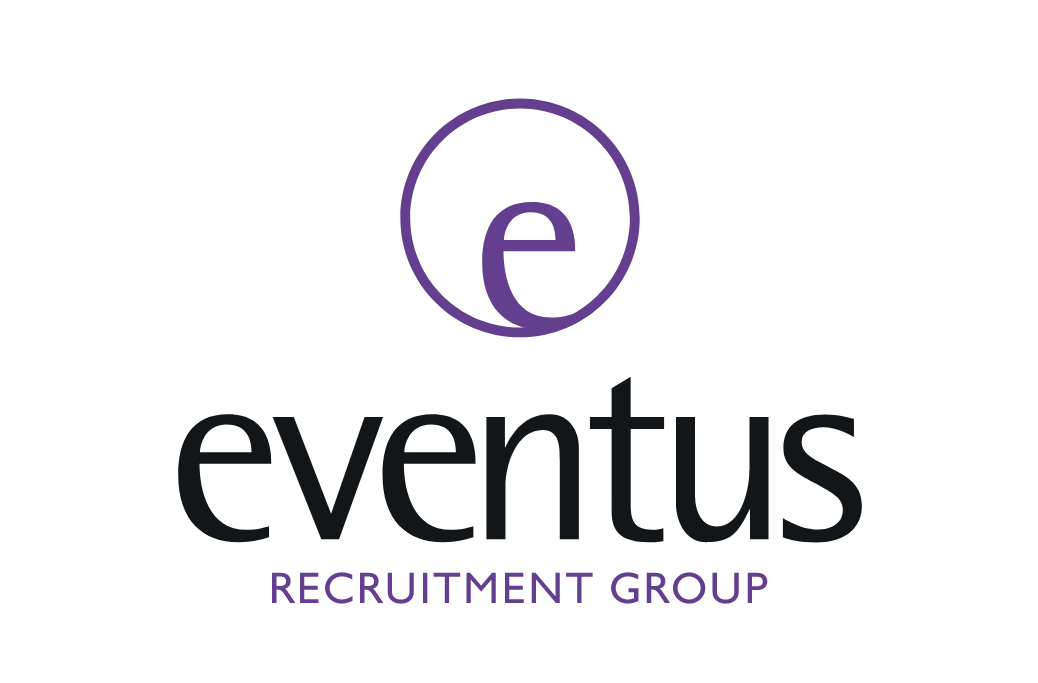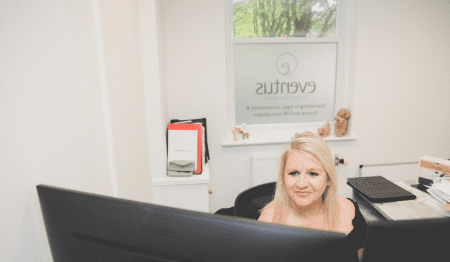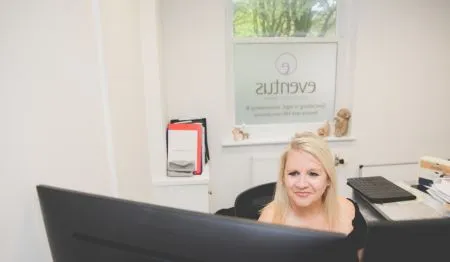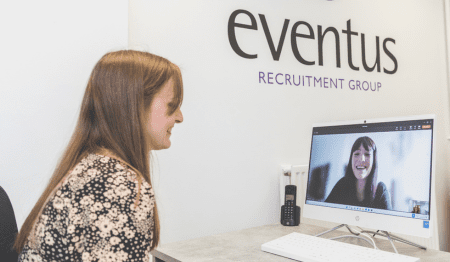
Where did you train to be a recruitment consultant and why did you want to start a career in recruitment?
Like most people I fell into recruitment.
I worked for the Prison Service at the time and as I did some recruitment for them, I applied for a job in The Guardian newspaper to be a recruitment consultant and surprisingly so, I got it. That was 22 years ago. I trained in London at Badenoch & Clarke.
Why did you want to specialise in Law recruitment?
I’d always had an interest in law having worked for the Prison Service and always wished I’d worked harder at school and trained to be a Barrister, so when I got the opportunity to return to the North and do legal recruitment, I jumped at the chance and have now been managing teams and individually recruiting for law firms for over 20 years. I couldn’t imagine working in any other sectors.
I especially love it when firms ask me to work in Partnerships with them to start up teams and offices which is often the case.
What has been your greatest achievement since launching The Eventus Recruitment Group?
There are so many things I am proud of.
My main ones I believe are that I genuinely provide a flexible working option for established recruitment consultants and we work at all times with integrity at the forefront.
Most of our placements are through recommendations.
My team are by far my best asset, staff retention is incredibly high and they never cease to amaze me with their passion and dedication for finding people the right jobs and firms the right people.
Oh and winning business woman of the year last year was rather nice.











